Now is the perfect time to plant spring bulbs for a colourful lift as winter ends. Plant them now while the soil is still moist and warm to give them the best start. Planting bulbs is a great activity for the whole family to enjoy during the latest restrictions. From daffodils to tulips, snowdrops and crocus, bulbs planted now will create a fantastic display in any border or container. Here at British Garden Centres, we have put together some top tips for a blooming spring as part of our Love Your Autumn Garden campaign!
Snowdrop
After a long winter, the arrival of spring is signalled by the appearance of snowdrops. These delicate flowers thrive in shady areas and can be planted in a variety of soils. They’re perfect for planting in groups and adding a woodland touch to your lawn.
Crocus
A beautiful splash of colour early in the year, crocus’ beautiful cup-shaped flowers will provide a beautiful drift to life the spirits. September is the ideal time to plant them for some fantastic displays the following spring. Like snowdrops, crocuses love soil enriched with organic matter with good drainage and look their best naturalised in grass, or under trees. They love full sun or partial shade and will tolerate any soil.
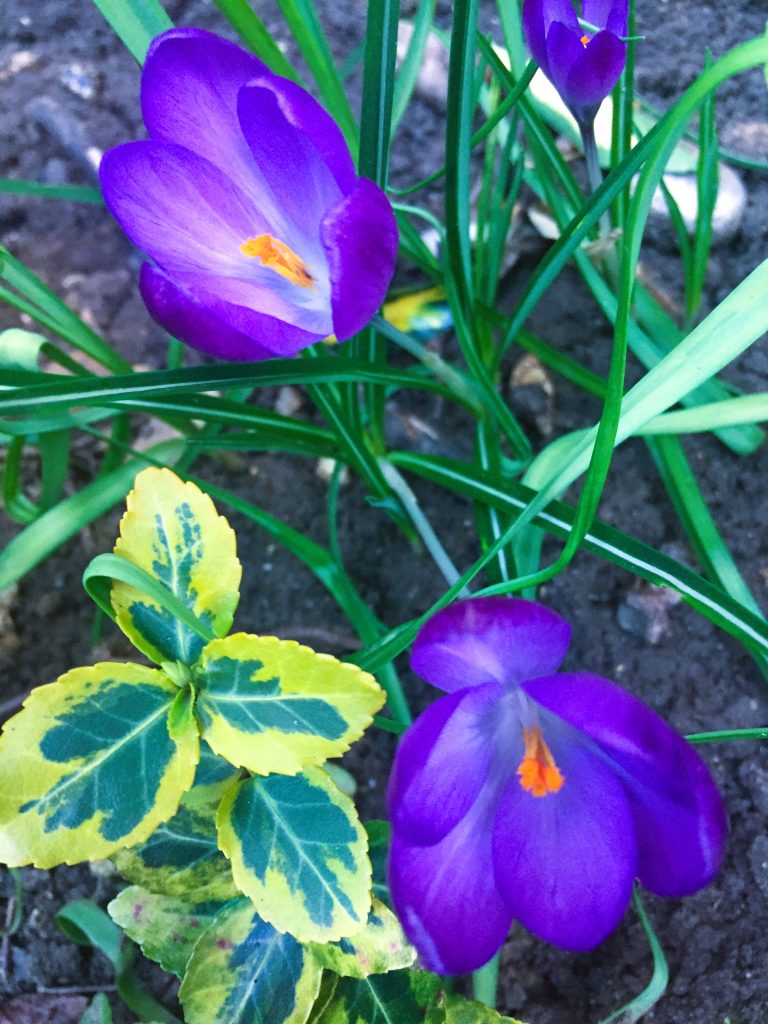
Daffodils
Daffodils are the most well-known and popular spring flower that can grow in full sun or partial shade, and in light, sandy or heavy clay soil. They produce elegant, golden yellow flowers in late winter and early spring which pollinators love and you know spring has truly begun when you see their sunny petals bloom.
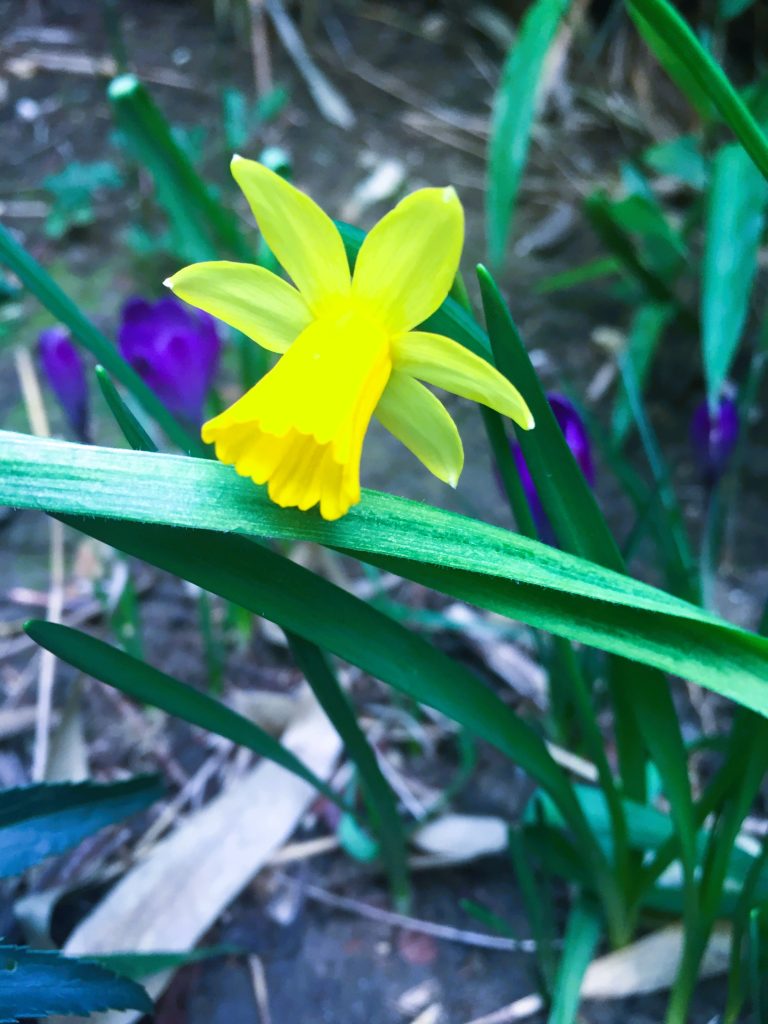
Hyacinth
Hyacinths come in a variety of colours and have an intense fragrance, making them perfect for planting near paths, doors, or windows. These bulbs prefer well-drained, rich soil in full sun and do not grow well in shade. Plant them in a sunny spot for the best results.
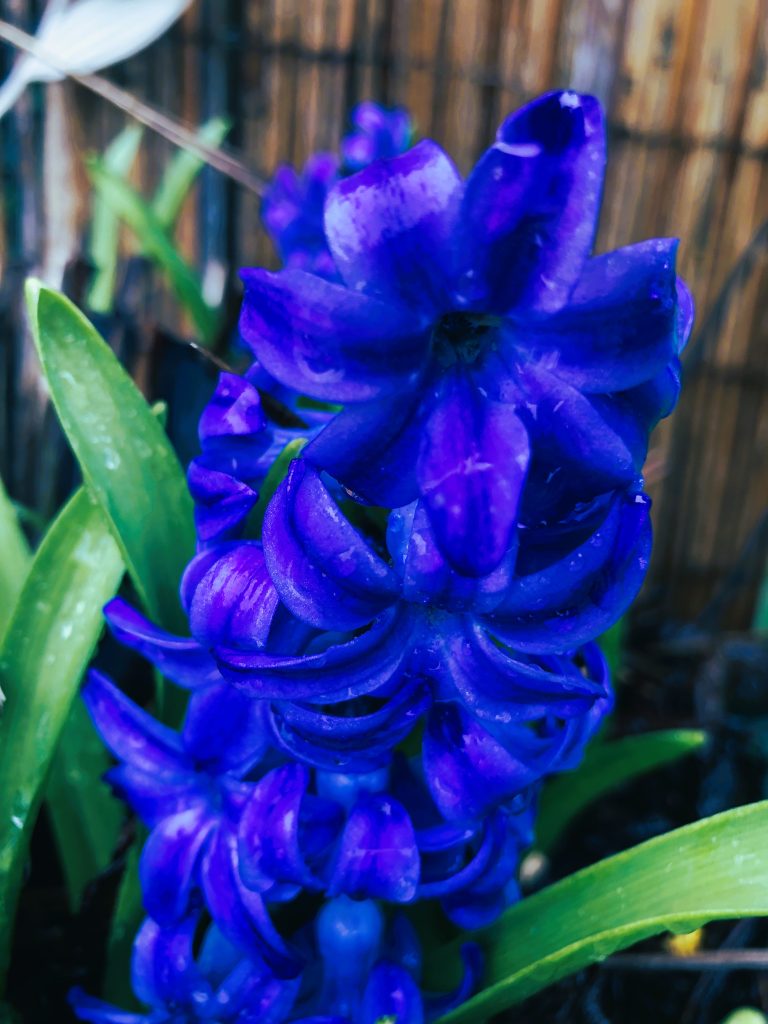
Iris
Iris plants are versatile and can suit any garden style, from modern to cottage. The two main types are border iris (Iris germanica), also known as bearded iris, and miniature iris varieties (Iris histrioides, Iris reticulata). Plant iris rhizomes in well-draining soil and full sun.
Muscari
Muscari, or Grape Hyacinth, are beloved by bees for their urn-shaped flowers that resemble tiny bunches of grapes. They can be planted in full sun and almost any soil but avoid planting them in excessively wet or dry areas as they spread quickly and require plenty of space.
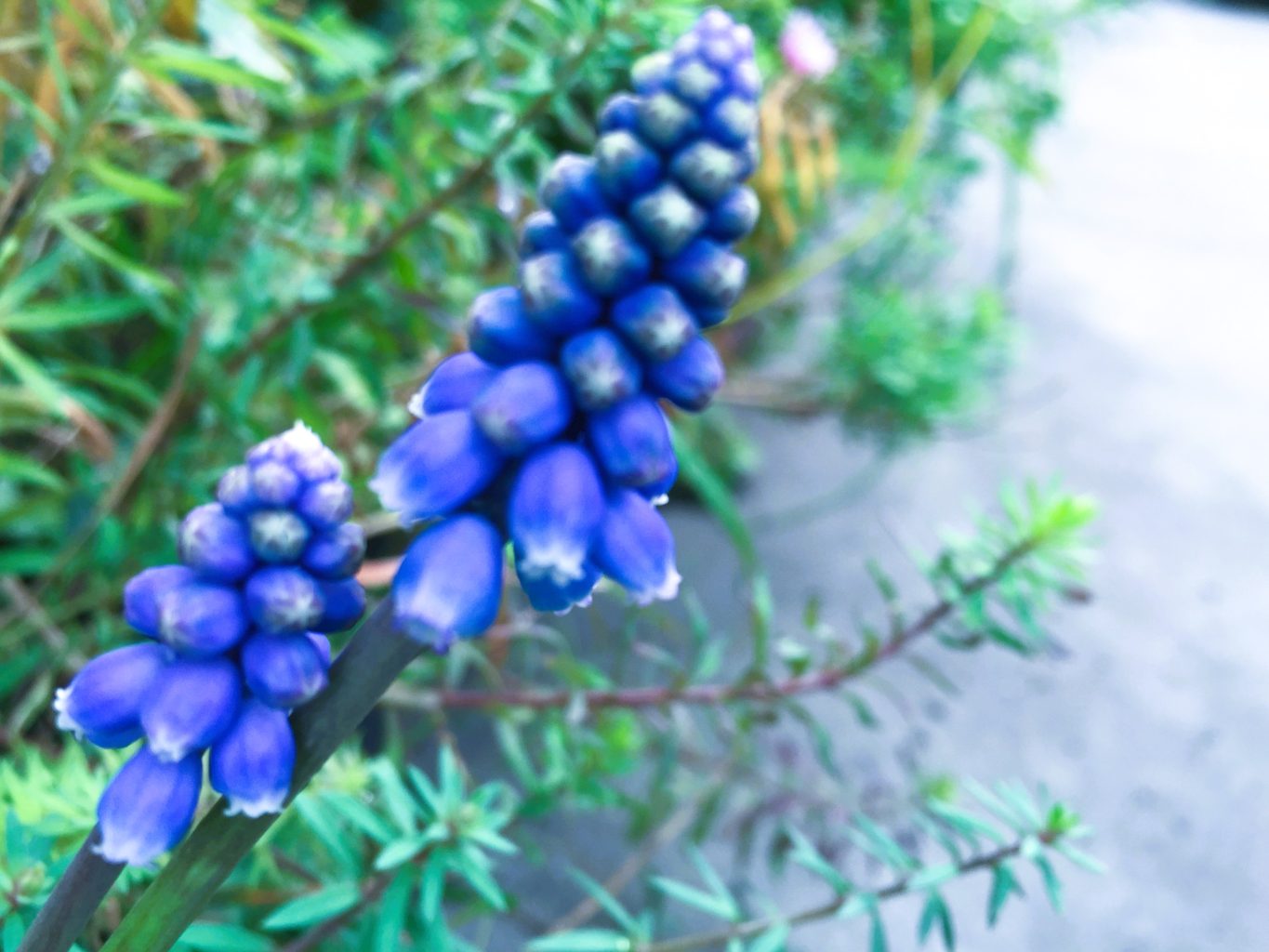
Tulips
Tulips are reliable spring flowers that come in various colours, suitable for any garden setting. They can be bi-colour or tri-colour, striped, curly, double- or single-petaled to suit individual taste. Tulips thrive in well-drained fertile soil and full sun, best planted in October or November.
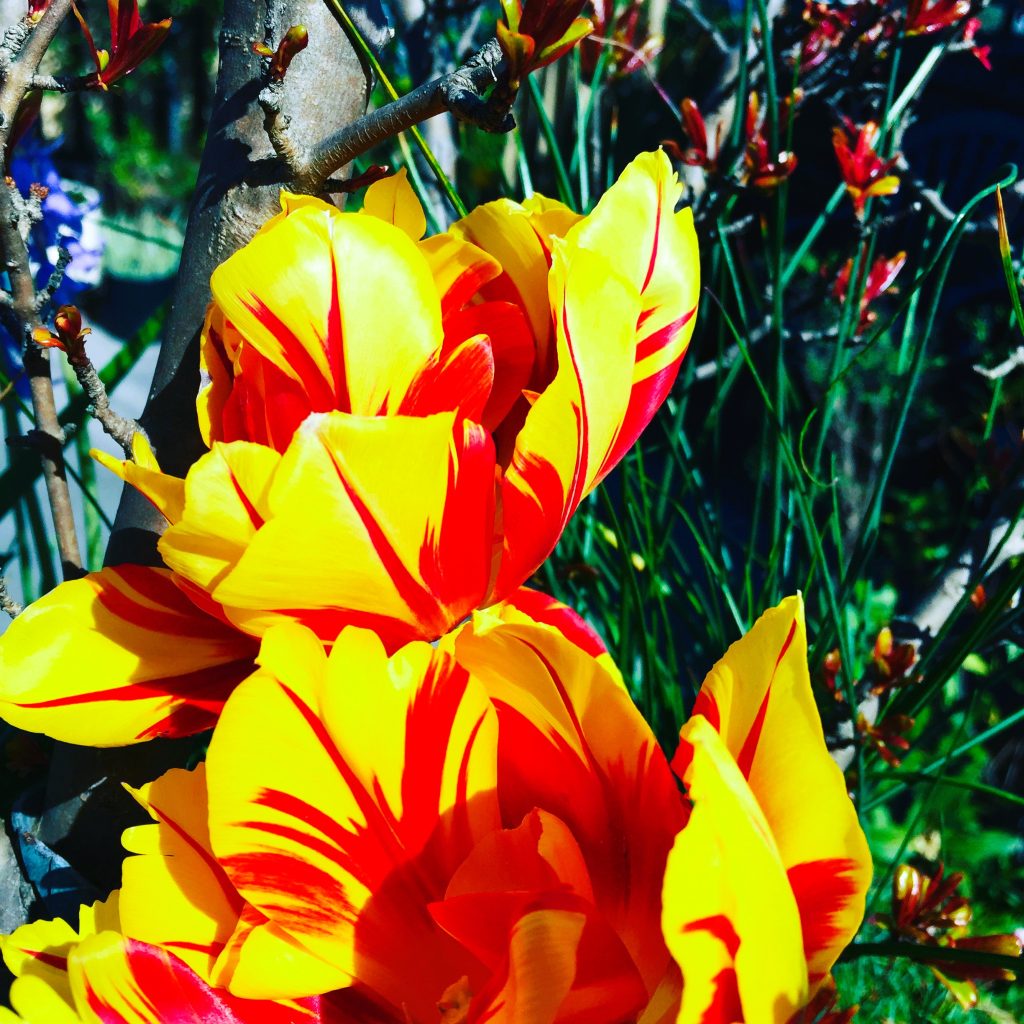
Alliums
Alliums with their purple pompom flowers, as members of the onion family love full sun and fertile, well-drained soil. They bloom slightly later in spring but are great for adding depth, height, and texture to flower beds and containers. Bees and other pollinators absolutely love alliums, and it is easy to see why. You can even take them indoors as they make perfect cut flowers in flower arrangements or bouquets.
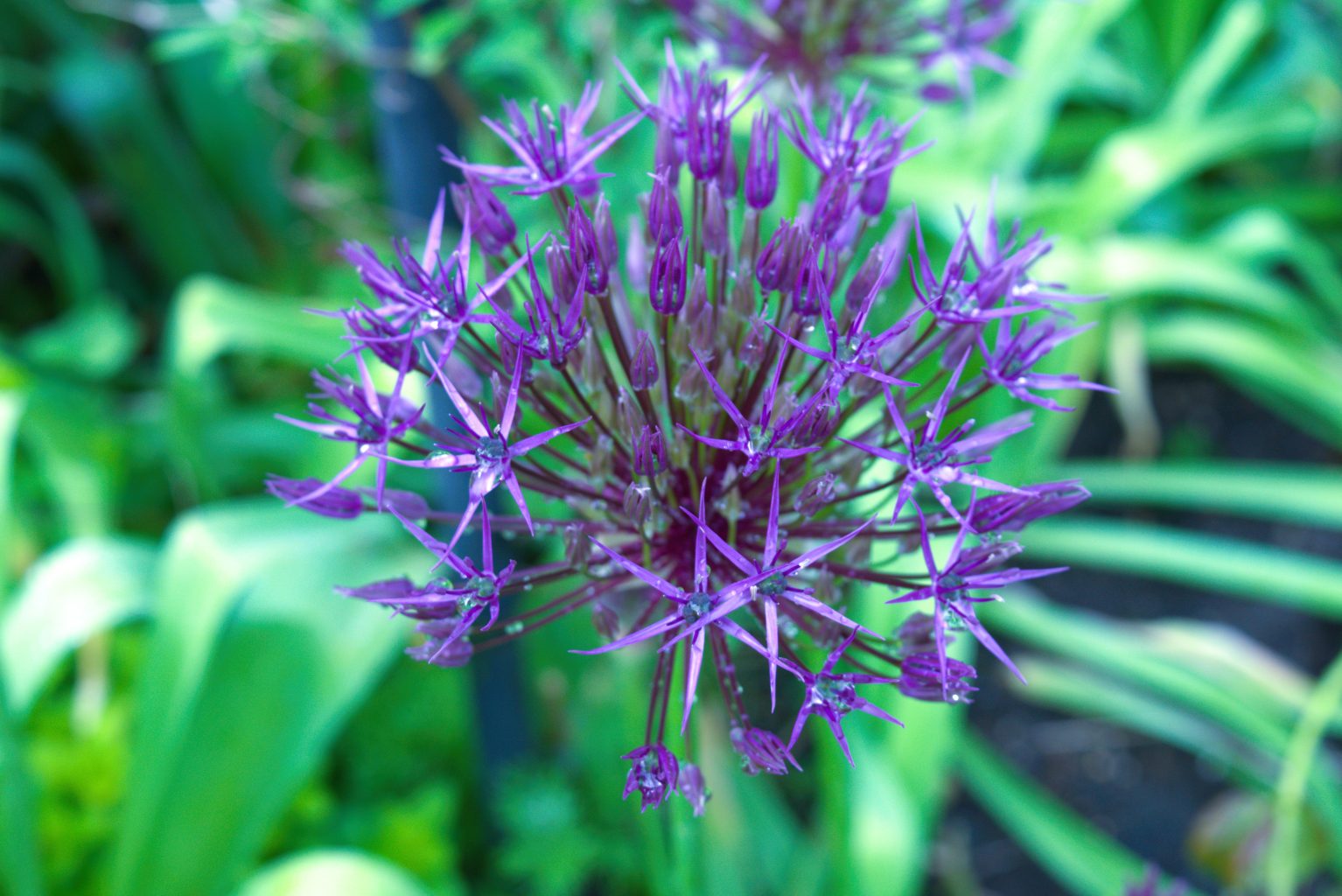
Fritillaria
Fritillaria will grow both in full sun on well-drained soil and in damp areas in full sun or dappled shade and are great companions to other spring bulbs Their spear-shaped leaves and lantern-shaped flowers look beautiful in a natural lawn setting and their distinctive snake-skin markings make them a stand out in spring.
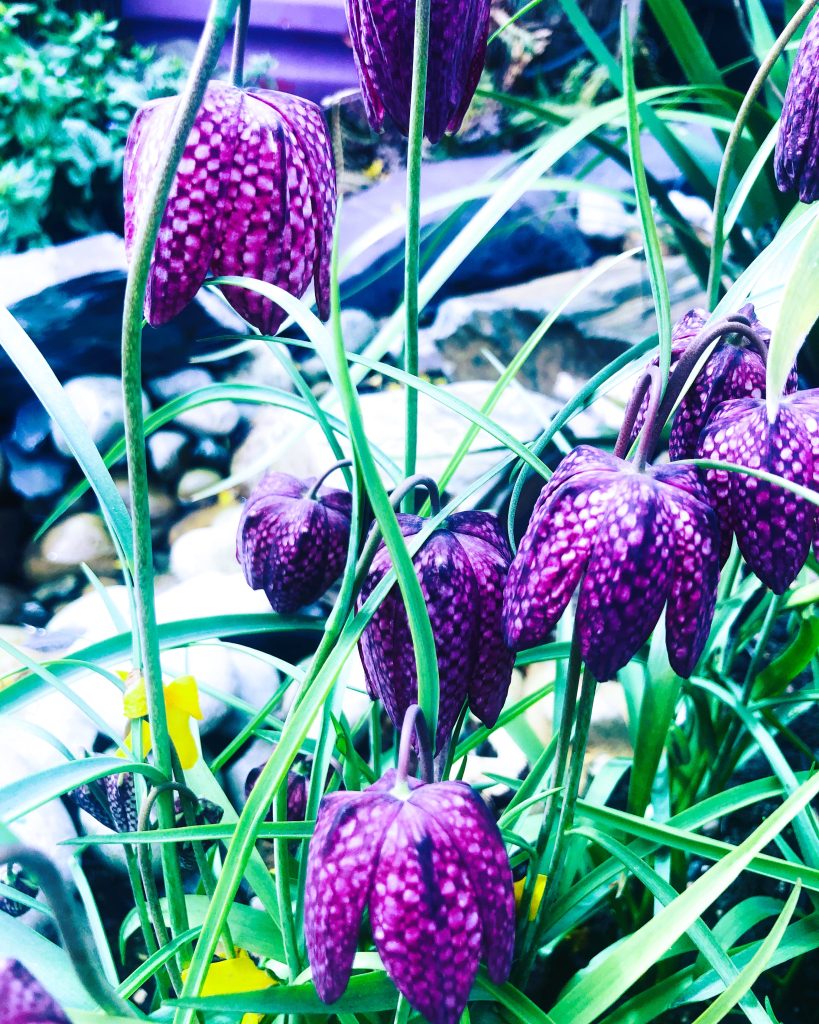
Planting
Julian Palphramand, our head of plants, advises that you should plant spring bulbs twice the size and height they are. They should be planted around 10cm below the soil. For the best container display, we recommend you plant a maximum of ten bulbs.
Place your bulbs with their heads pointed up and then fill the container with the compost. Continue to water and firm the compost down. When the shoots start to appear, use a plant food that’s high in potash
Aftercare
After the flowering period, it’s best to wait until the leaves die back before taking them out. Doing so will allow the energy to return to the bulbs next year.